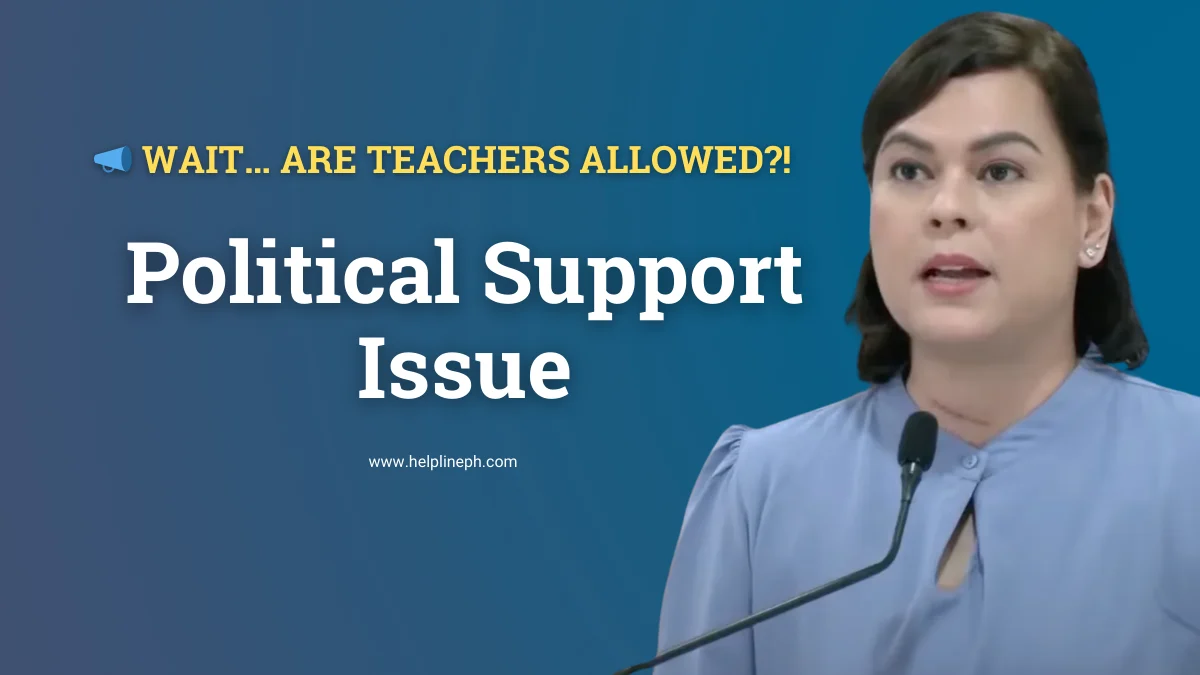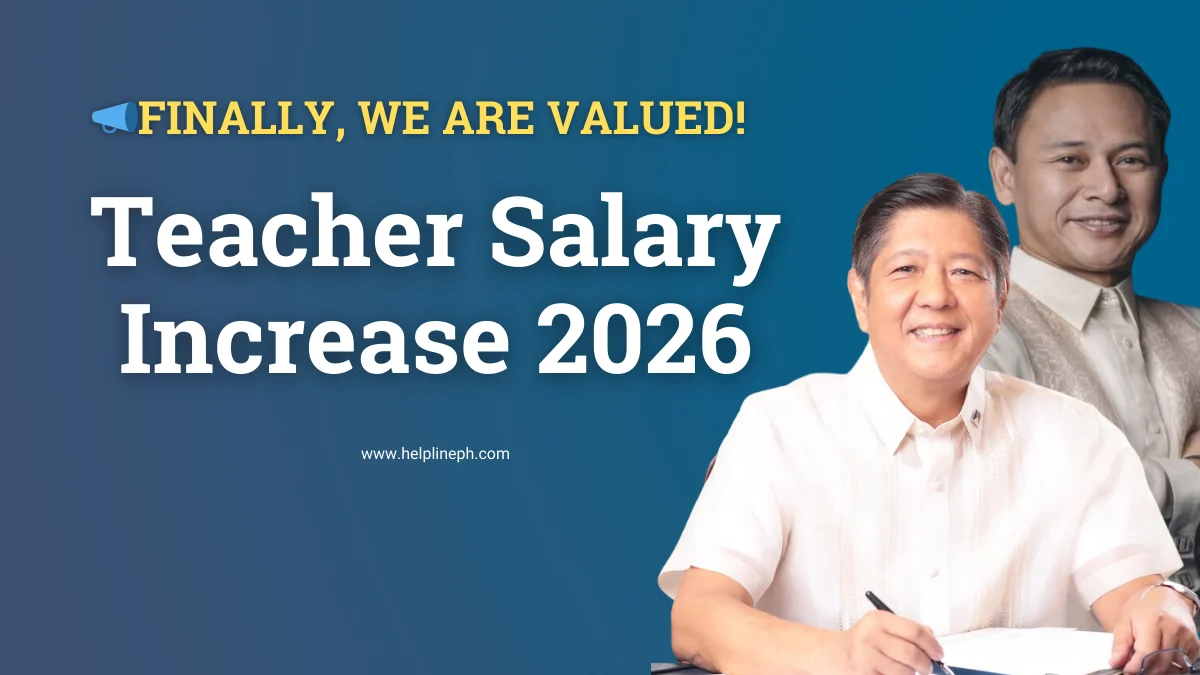Marcos Approves Ending School Year 2024-2025 on April 15, 2025
President Ferdinand Marcos Jr. has approved a new schedule for the School Year 2024-2025, which will end on April 15. This change allows schools to gradually return to the old calendar without holding Saturday classes, meeting the required number of school days.
The new proposal retains the start of classes on July 29 and pushes back the end of classes to about a month earlier than originally planned by the Department of Education (DepEd) in Order No. 003, s. 2024. The Presidential Communications Office (PCO) said this will begin the country’s gradual return to the old June-March school calendar. Many students and teachers have requested this change due to extreme temperatures driven by climate change, which forced thousands of schools to suspend in-person classes in April and May.
Vice President and DepEd Secretary Sara Duterte presented two proposed calendars for SY 2024-2025 to President Marcos after consulting with teachers, school officials, and parents. The first proposal included 182 days with 15 Saturdays requiring in-person attendance. The second option proposed a shorter 167-day school year, eliminating Saturday classes. Both plans scheduled the end of classes on March 31, 2025.
President Marcos expressed concerns about the 167-day school year due to its potential negative impact on student learning from reduced classroom time. He also worried about student well-being and the extra resources needed for Saturday classes. As a compromise, he decided that the school year should end on April 15, 2025, allowing students to complete 182 days without Saturday classes.
When President Marcos first announced his support for returning to the old academic calendar, the Alliance of Concerned Teachers (ACT) challenged him to ensure there are enough facilities and resources for students. ACT Chairperson Vladimer Quetua highlighted issues with overcrowded classrooms and poor ventilation during the dry season in 2023.
Ruby Bernardo, ACT National Capital Region president, welcomed the new schedule and called it a result of the long campaign by teachers, parents, and students through protests, dialogues, and lobbying in Congress. She emphasized the need for the government to continue addressing other long-standing issues in the education system, such as low salaries, inadequate resources, and lack of permanent appointments.
The new school year schedule approved by President Marcos marks a significant step toward returning to the traditional June-March calendar. This change aims to improve the learning environment for students while addressing the challenges posed by extreme weather conditions. However, ongoing efforts are needed to tackle other issues affecting the education system in the Philippines.






